Welcome to the Clergy Forum, Nu's newest project, where we pose a question to local clergy and share their responses.
How can Jews in Metro Detroit enhance "intrafaith" relations between the various denominations and beliefs here?
Rabbi Megan Brudney, Temple Beth El
Love this question! While the first place my mind went was to consider relationships between people with different institutional affiliations, I then realized that within my own community/Temple there is actually no lack of Jewish diversity. People were brought up in different ways, practice different ways, and have different Jewish aspirations.
So before one even looks outside of one’s own community within a community, my first suggestion would be to take the time to engage people in your own circle in a discussion about their Jewish journeys. Perhaps some of your assumptions about people who appear to be in the same place as you will be challenged — and the more you widen that circle within or beyond your micro-community, the more you will learn!
If you open your ears, your mind and heart just might follow.
Rabbi Jeffrey L. Falick, Congregation for Humanistic Judaism of Metro Detroit
One of the most perplexing things about being a Jew is how such a tiny group of people who have experienced so much together can constantly be at each other’s throats. Yet, like in many a family, for quite some time now this is a part of what it means to be a Jew.
I know that Jews today still bandy about the idea of “peoplehood” as the glue that holds us together. Rather than reaching for unity of belief, we would be better served by working for the unity of the Shabbat dinner table.
Families are bound together by their shared experiences, their sense of mutual obligation, and their love. But healthy families must also accept the autonomy and independence of every member. This, of course, means that we’re going to argue. That’s what Jews do!
But as a strong family we can at least commit to doing so from a place of love. Now all of this is far from either an exhaustive understanding of family or a sufficient explanation of Jewish connections. Yet it does seem to draw us a little closer to the reality of Jewish community today.
Rabbi Asher Lopatin, Kehillat Etz Chayim of Detroit
Jewish leaders need to take the plunge and become a presence in each other’s services, classes, rallies and homes.
It feels risky sometimes to leave our own familiar surroundings – whether that means our own denomination’s synagogues, or our own circle of friends, or our own understanding of Torah and how to worship – but this kind of boldness, to jump into “foreign” Jewish waters will change us and will change those who see us taking the plunge.
It will send a strong massage to our own camps, who might be surprised that we are checking out a Reform Temple, or an Orthodox shul; it will let our fellow Jews know that we are one people and that we respect each other’s differences.
Showing up in a different kind of Jewish surrounding is not making a statement that we have given up our own Jewish affiliations – or our non-affiliation; rather, it is a statement that as different as we might feel, we are one united people.
Rabbi Yisrael Pinson, Chabad of Greater Downtown Detroit
My opinion is that the different denominations in Judaism are not reflective of who we are but how we behave. Each one of us has a different set of circumstances, a different type of education, a different type of commitment to Jewish practices, to community and to worship.
But at the core we are Jewish and that is our real identity and our essential identity.
The other labels that we attach to ourselves based on our membership and a place of worship do not change the simplicity of who we are as a Jew. And when we remember that those denominations are only external labels then we can more easily communicate and connect with each other as a community.
The ones who are looking to harm us and to exterminate our people do not care about which synagogue we belong to. They don’t care how many of our grandparents were born Jewish. They don’t care what kind of conversion process we went through. If we identify as Jewish we will become the target of their hate.
As a counterbalance to that, we must be completely non-discriminatory in our love for every Jew, regardless of the exact details of their observance, knowledge and choice of community.
Rabbi Daniel Schwartz, Temple Shir Shalom
One of the distinguishing characteristics of the Detroit Jewish community is our ability across denominations to collaborate. In the past, in areas on which we agree, there has been wonderful dialogue and shared support of a common program or goal. This is rare to find in Jewish communities and we should take pride in our accomplishments.
With that said, we still face challenges. One of the greatest being the assumptions made about denominations that differ from our own, often causing fear and allowing for negative stereotypes to be believed.
To combat this, we must ask questions and be open to hearing from others. Looking at movement or institutional websites can be a great place to begin. Watching a service, program or class online is another easy entry point. Taking a class from JLearn from a new instructor or participating in a communal program, like Detroit’s Teen Mission to Israel, are all ways to learn from each other, build relationships and strengthen our community.
Rabbi Aaron Starr, Congregation Shaarey Zedek
Three of the most important mitzvot of the Torah command us to love.
A careful read of “You shall love your fellow as yourself” (Lev. 19:19) reveals a) that the Torah speaks specifically of loving our fellow Jews and, b) like the other two commandments to love, that love carries with it a specific set of obligations.
Indeed, as the Talmud teaches, the Jewish people are all responsible for one another. Regardless of feelings, Jews must care for each other; protect each other; and sustain each other with compassion, justice, kindness, and respect. We are all one family, united by a shared past and a sacred mission.
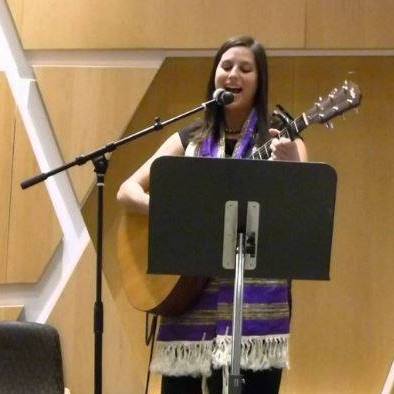
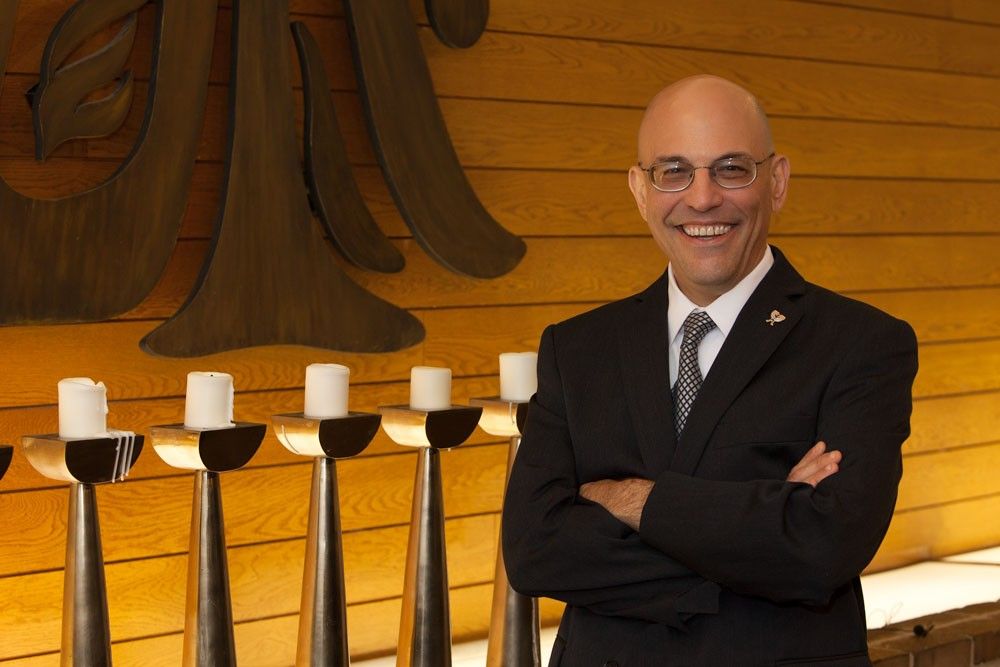
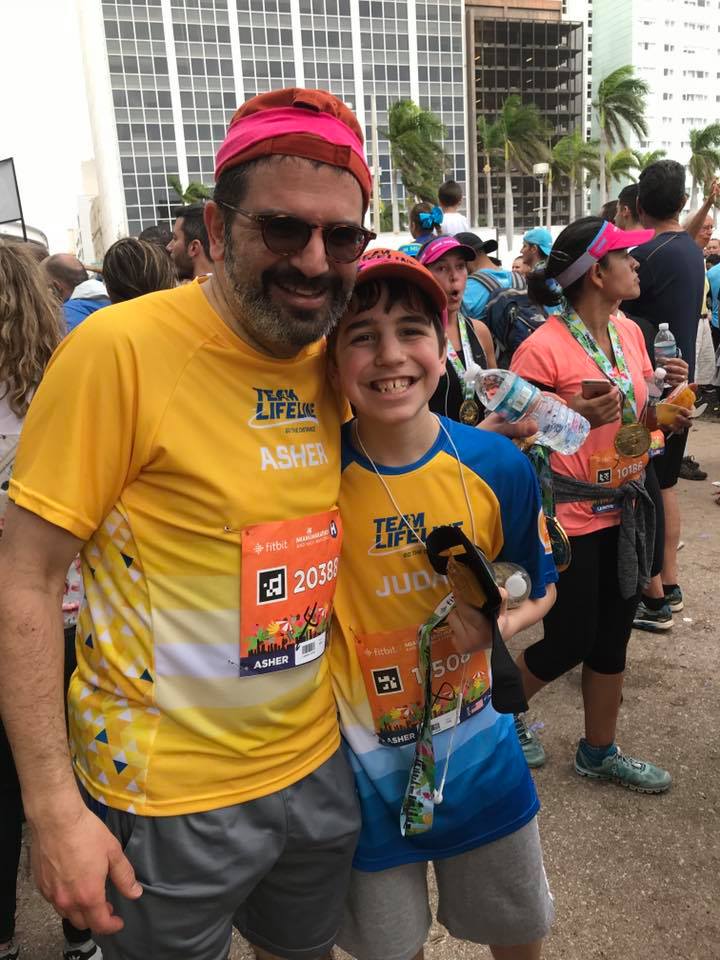
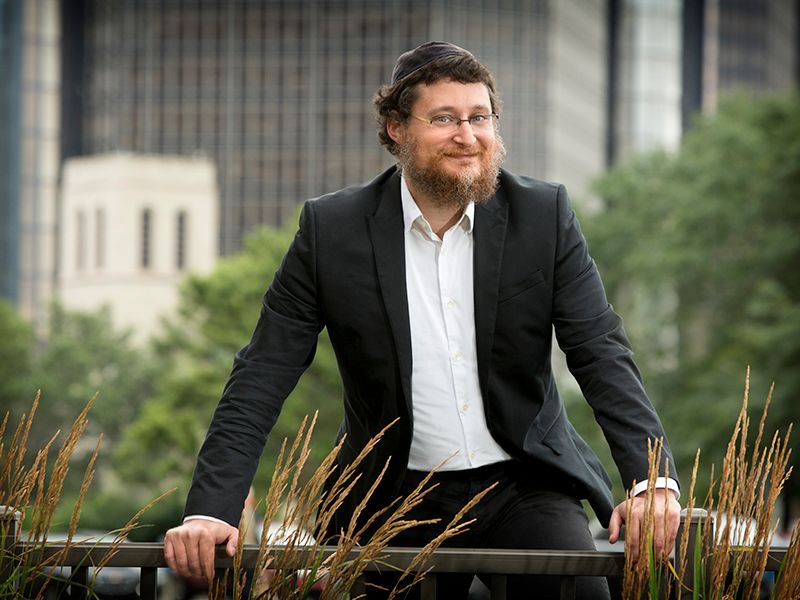
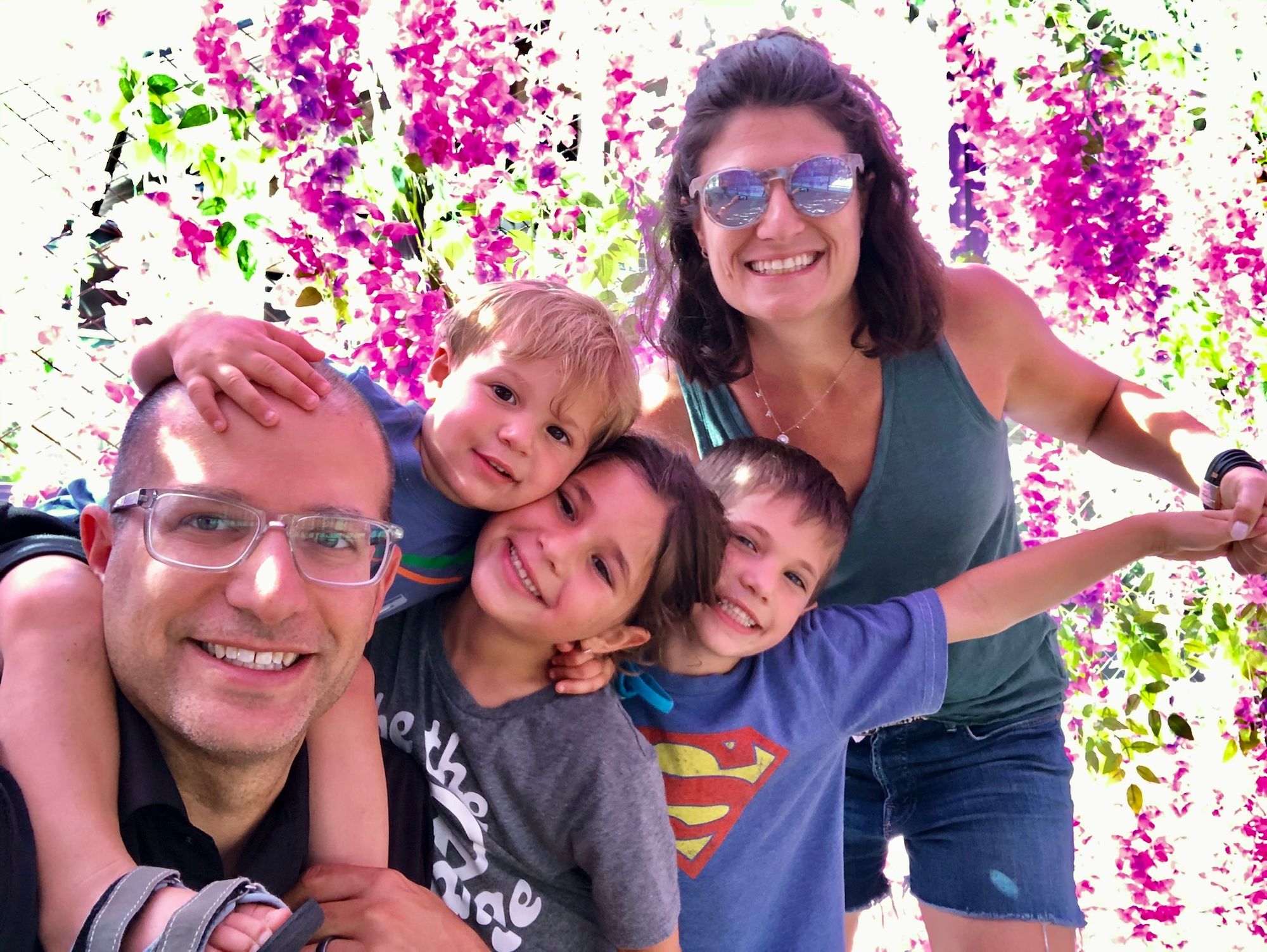
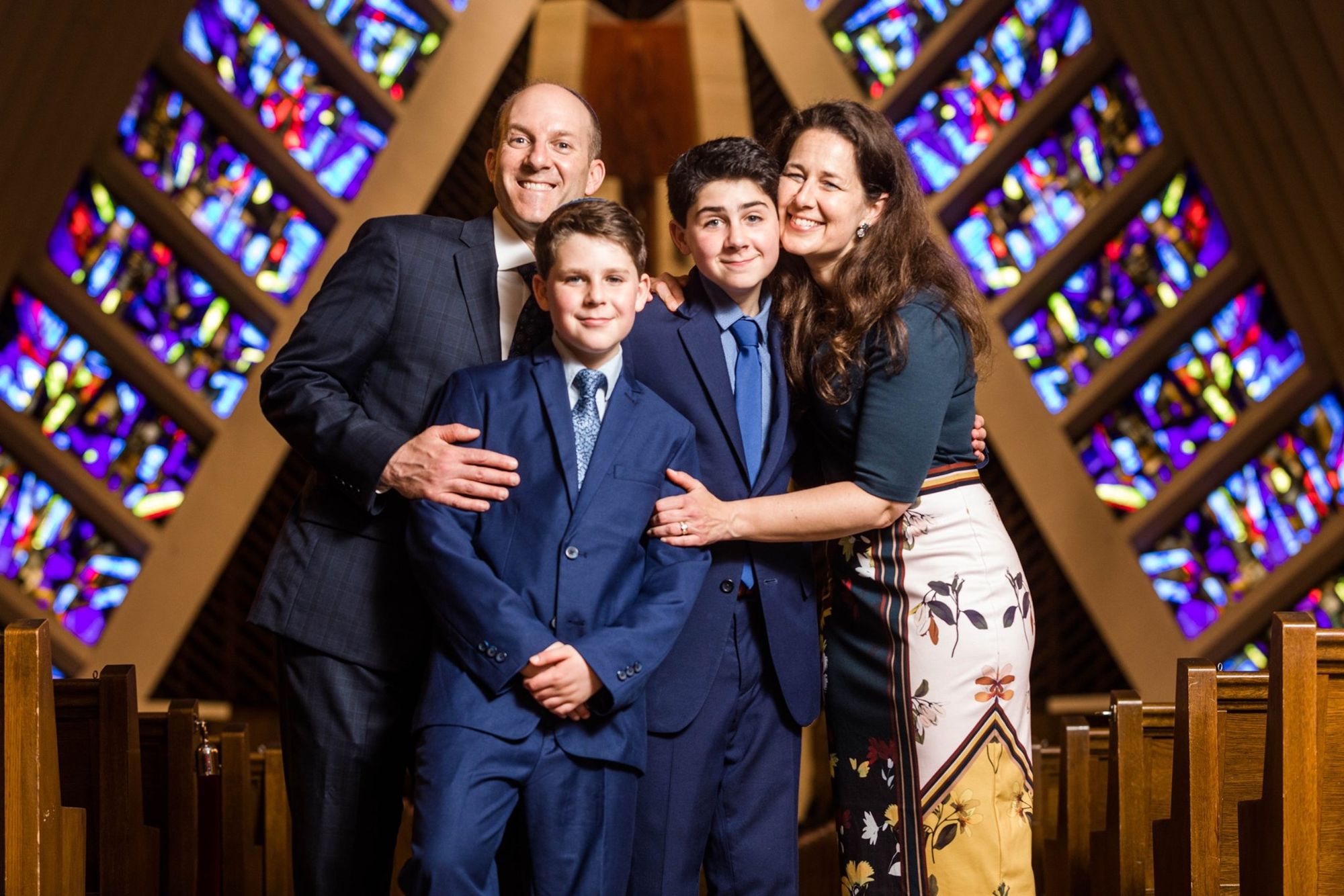
Note: Clergy Responses are listed in alphabetical order. Their responses represent their personal views and not the views of any institution or organization with which they are affiliated.
Comments
Sign in or become a Nu?Detroit member to join the conversation.
Just enter your email below to get a log in link.